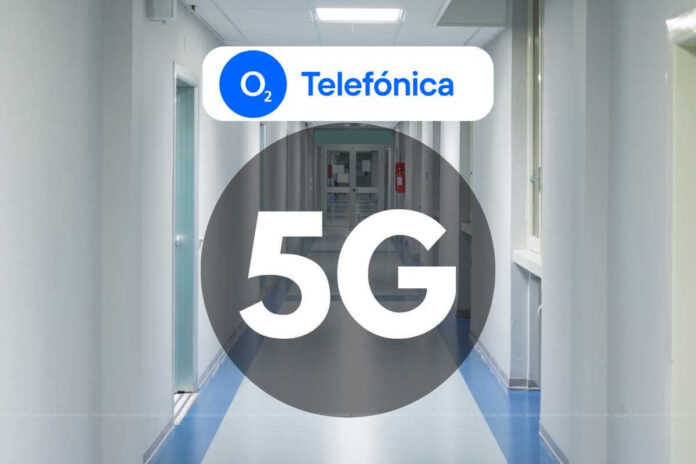In Short:
The Telecom Regulatory Authority of India (Trai) is discussing with handset makers, telecom operators, and platform providers like Google about the rise of rich communication services (RCS) messaging in India leading to increased online fraud and spam. They are looking into differentiating between RCS and normal SMS messages, as RCS messages do not fall under regulation like SMS. Telcos like Vodafone Idea have partnered with Google for RCS messaging.
Trai Starts Discussions on RCS Messaging
The Telecom Regulatory Authority of India (Trai) has initiated talks with several handset makers, telecom operators, and platform providers like Google regarding rich communication services (RCS) messaging in India. This move comes as RCS messaging gains popularity in the country, but also raises concerns about online frauds and spam.
Discussion on Differentiation Between RCS and SMS
Trai is currently focusing on addressing the challenge of distinguishing between RCS messages and regular SMS. The regulator aims to collaborate with stakeholders to find a solution to this issue.
One of the key challenges is that consumers often cannot differentiate between an SMS and an RCS message, as both appear in the same Google messaging app on Android smartphones. While RCS messaging is not accessible on feature phones and iPhones, Apple has announced plans to support RCS messaging later this year.
Regulation and Support for RCS Messaging
Unlike traditional SMS, RCS messages are not regulated under Trai’s anti-spam blockchain mechanism, as they fall under the category of over-the-top (OTT) messaging. However, RCS messaging relies on support from telecom operators, with Vodafone Idea leading the way in India by partnering with Google for RCS messaging.
While Reliance Jio and Bharti Airtel have not yet announced partnerships for RCS messaging, industry insiders suggest that they may soon join the trend due to the value proposition it offers. The revenue share for RCS messaging is typically divided with 70% going to telcos and 30% to the platform owner.
Concerns and Challenges
Experts caution that RCS messages, unlike traditional SMS, cannot always be blocked by consumers as they are verified using email IDs. This opens up opportunities for fraudsters to send RCS messages with malicious links that can lead to financial losses. However, the lack of regulatory mechanisms makes it difficult for users to report such incidents to Trai.
Overall, Trai’s discussions with stakeholders seek to address the growing adoption of RCS messaging while also mitigating the risks associated with online frauds and spam.





